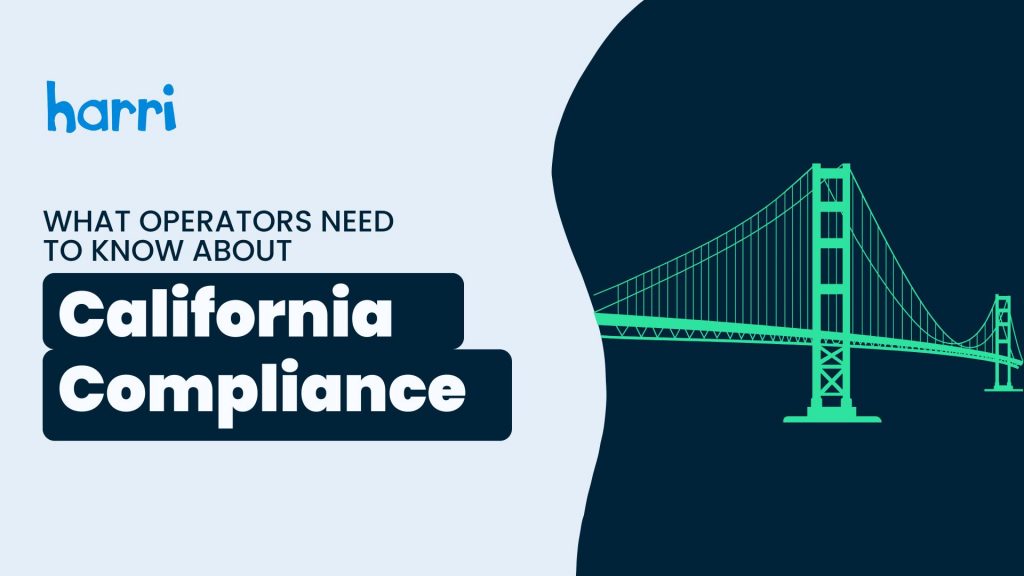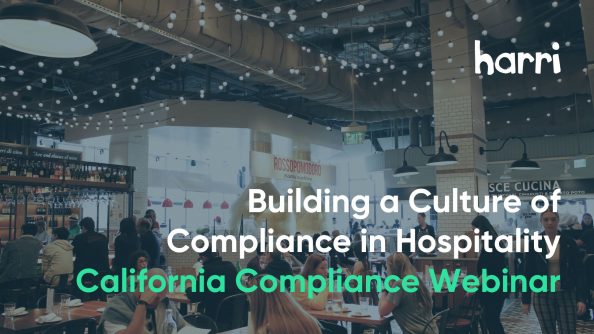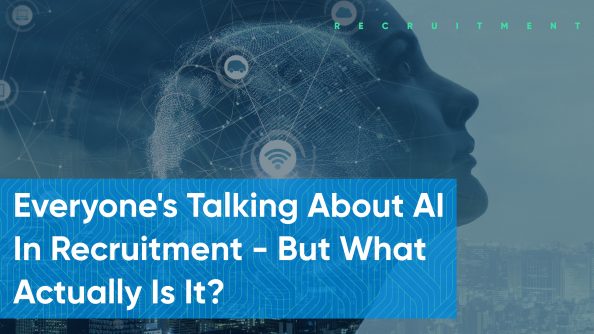What Operators Need to Know to Master California’s Meal and Rest Break Compliance

- By Harri Insider Team | November 11, 2024
Disclaimer: Please note this advisory is intended for summary purposes only. Any guidance or materials provided do not constitute legal advice and cannot be substituted for the advice of legal counsel.
California’s labor laws, particularly around meal and rest breaks, are known for their complexity and strict enforcement. For restaurant and hospitality operators, managing compliance with California labor laws can be especially challenging due to the dynamic nature of staff schedules. Employers are expected to provide specific break periods based on hours worked, and non-compliance may result in significant penalties (the employer may owe the employee an additional hour of pay for each workday a meal break is missed).
Remaining informed and implementing effective systems to track and manage California meal and rest break compliance can help operators avoid potential violations and ensure smooth operations.
Understanding California’s Meal and Rest Break Requirements
Meal and rest breaks in California are governed by detailed regulations. Here’s a breakdown of the latest meal and rest break rules to help you reduce the risk of violations and penalties.
California Meal Break Requirements
For employees working more than five hours in a day, California labor laws mandate an uninterrupted 30-minute unpaid meal break. If the shift exceeds 10 hours, employees are entitled to a second unpaid meal break. However, there are circumstances where meal breaks can be waived:
- First Meal Period Waiver: If the total work time for the day is no more than six hours, the employee and employer may agree to waive the first meal break. This waiver requires mutual consent from both parties.
- Second Meal Period Waiver: If an employee works no more than 12 hours in a day, they may waive the second meal break, provided the first one was not waived.
In certain cases, such as when the nature of the job prevents an employee from being fully relieved of duty, an “on-duty” meal period may be arranged. These on-duty meal periods require a written agreement, which the employee can revoke at any time.
Failure to provide the required meal periods can result in significant penalties for employers. For each day a meal period is not provided according to the law, employers may be required to pay the employee one additional hour of compensation.
California Rest Break Requirements
In addition to meal breaks, California labor law requires employers to provide a paid 10-minute rest period for every four hours worked, or a “major fraction” of those four hours. Rest breaks should be scheduled as close to the middle of the work period as possible, ensuring that employees get sufficient rest throughout their shifts.
Lactation Accommodation
California law requires employers to provide reasonable break time and a private, non-bathroom space for employees who need to express breast milk. Employers are expected to allow employees to take additional breaks if needed for lactation purposes. These breaks do not have to be paid beyond the standard break time unless they coincide with existing paid rest breaks.
If an employer does not provide adequate time or space for lactation, they may face penalties, including compensation to the employee for each violation.
Additional Protections for Outdoor Workers
For workers in outdoor environments, such as restaurants with outdoor seating or mobile food services, California law mandates specific protections to prevent heat-related illnesses. Employers must allow employees to take breaks in shaded areas whenever they feel it is necessary to cool down.
Consequences of Non-Compliance with California’s Meal and Rest Break Regulations
Failure to comply with California’s meal and rest break regulations can result in significant penalties for restaurant and hospitality operators. These penalties can increase labor costs and even disrupt operations if legal actions are taken.
Employers who do not provide the required meal or rest breaks may be obligated to compensate employees with an additional hour of pay for each missed break. This “premium pay” applies on a per-day basis, meaning an employer could owe one hour of extra pay per missed meal period and one hour per missed rest period.
Employees who feel their break rights have been denied can file a wage claim or pursue legal action to recover the missed compensation. This process can lead to further financial consequences for employers, in addition to potential reputational risks.
The statute of limitations for filing claims related to California meal and rest break violations is three years. This means that employees have up to three years from the date of the violation to file a claim, increasing the importance of consistent record-keeping and proactive compliance measures.

Best Practices for Managing Meal and Rest Break Compliance
By leveraging technology, providing ongoing employee training, and creating flexible break schedules, hospitality operators can address these requirements more efficiently and dramatically mitigate their risk.
Accurate Time Tracking Systems
Workforce management software, like Harri, integrates state-specific break regulations into its scheduling and timekeeping functions. This can help operators manage breaks more accurately and avoid costly oversights.
With real-time alerts, managers can be notified when breaks are missed or are approaching, allowing for immediate adjustments to schedules. Additionally, software can assist in managing break waivers, ensuring that meal period waivers are agreed upon and tracked properly, particularly for shorter shifts where mutual consent is required.
Employee Training
Regular training is another important practice for maintaining compliance. Both staff and management benefit from ongoing education about California’s break laws. Employees should understand when they are entitled to meal and rest breaks, and managers should be clear on the rules for offering and waiving these breaks. This helps foster a culture of compliance and reduces the likelihood of unintentional violations.
Customizing Break Schedules to Minimize Operational Disruption
To maintain smooth operations during busy periods, staggering break schedules can help. By carefully planning when breaks are taken, operators can ensure that staffing levels are sufficient to meet demand, without compromising compliance with meal and rest break requirements.
Proactive Steps to Ensure Compliance and Avoid Violations
Taking proactive measures to comply with California’s meal and rest break laws can help restaurant operators minimize the risk of violations. Establishing policies, regularly monitoring records, and utilizing compliance tools are effective ways to stay on track.
Create a Meal and Rest Break Policy
A written policy that details meal and rest break requirements, including waiver agreements and processes for reporting missed breaks, can provide clarity for both staff and management. Having this structure in place may help ensure that everyone understands the expectations around compliance.
Regular Monitoring and Auditing
Regular audits of timekeeping and break records can help identify potential issues early. By monitoring for missed breaks or incorrect time entries, operators may be able to address non-compliance before it escalates. Corrective actions can then be implemented to avoid further issues.
Leverage Compliance Tools
Harri’s built-in compliance tool embeds fast-changing regulations right into your scheduling and timekeeping workflows, automatically predicting and preventing compliance risks before they impact your operations. –
With real-time notifications and compliance in your pocket, you’ll be alerted the moment a break is missed or a waiver needs attention. Harri’s dynamic rules engine works behind the scenes, automatically adjusting schedules, processing premium payments, and tracking every compliance requirement—so you don’t have to.
Why worry about compliance chaos when Harri does the heavy lifting for you? Whether it’s meal and rest breaks, child labor laws, or wage compliance, Harri ensures you stay ahead of risks.
Discover how Harri can help you navigate compliance effortlessly. Contact us today to learn more about our workforce management solutions tailored for hospitality.





















